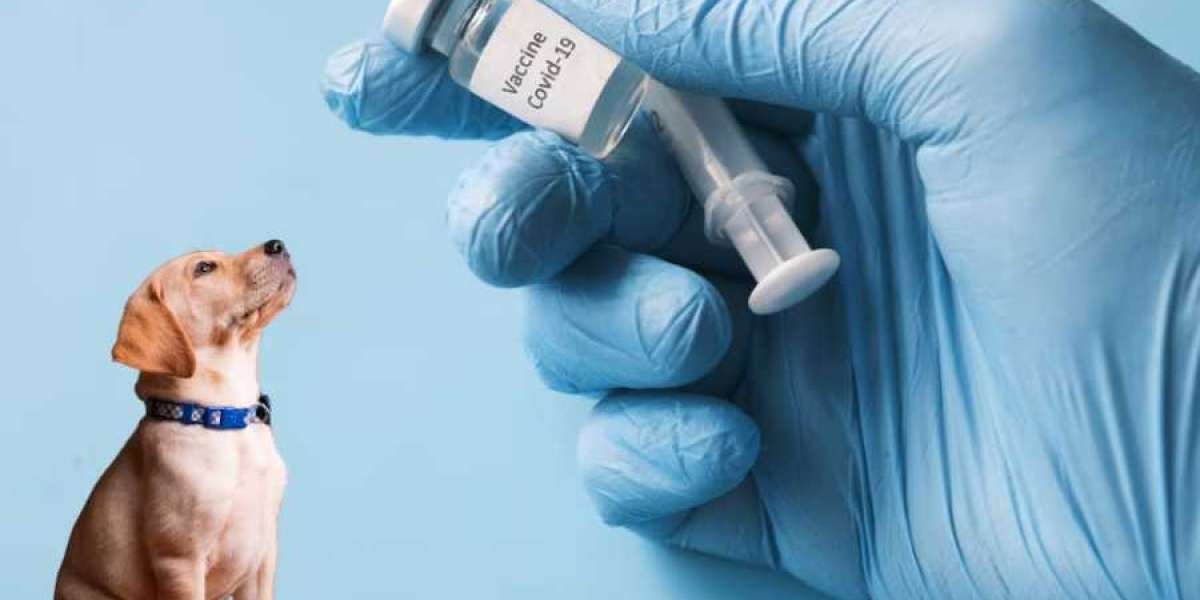Overview
The neurodevelopmental disorder known as Attention Deficit Hyperactivity Disorder (ADHD) is typified by impulsivity, hyperactivity, and inattention. The cornerstone of ADHD treatment has always been conventional drugs like stimulants and non-stimulants, but researchers and medical professionals are constantly looking for new ways to address the complexity of this condition. This article explores new treatment modalities and their potential to improve results for individuals with ADHD, as well as the most recent advancements in ADHD medication.
Present Difficulties with ADHD Drugs
Tolerance and Effectiveness
While many people have found that typical ADHD drugs are beneficial in managing their symptoms, this is not always the case, and some people may not be able to manage the side effects of these medications well. Treatments for ADHD are also required since these conditions are linked to deficits in social skills, emotional control, and executive functioning in addition to the disorder's primary symptoms.
Extended-Duration Administration
The requirement for long-term maintenance with ADHD medication presents another difficulty. Since ADHD is a chronic illness, treatment must frequently continue into childhood and adolescence. However, there is a need for alternate treatment modalities because the long-term safety and effectiveness of conventional medications—particularly stimulants—have come under investigation and discussion.
Examining Innovative Methods of Treatment
1. Treatment using Neurofeedback
A non-invasive method called neurofeedback therapy teaches patients to manage their brainwave activity, especially in areas of the brain linked to impulse control and concentration. In neurofeedback sessions, participants are instructed to alter their brainwave patterns through mental exercises and relaxation techniques while receiving real-time feedback on their patterns through visual or aural cues. Although studies on neurofeedback for ADHD are still in their early stages, some have demonstrated encouraging improvements in behavioral symptoms and attention, pointing to the treatment's potential as an adjuvant or alternative strategy.
2. Magnetic stimulation of the brain (TMS)
Using magnetic fields to alter neuronal activity in particular brain regions, Transcranial Magnetic Stimulation (TMS) is a non-invasive brain stimulation treatment. Repetitive TMS (rTMS) has been studied as a possible intervention to improve executive functioning and decrease impulsivity in the context of treating ADHD. Although some preliminary studies have revealed little efficacy, others have showed benefits in attention and inhibitory control. To find the best TMS parameters and methods for treating ADHD, more study is required.
Third, pharmacogenetics
The fast developing area of pharmacogenetics investigates the connection between a person's genetic composition and how they react to drugs. Pharmacogenetic testing can assist in individualized medication selection and dosage for patients with ADHD by detecting genetic variants that impact drug metabolism and efficacy. Based on unique genetic profiles, this individualized strategy can maximize drug efficacy and minimize side effects, perhaps leading to better treatment outcomes.
4. Supplements for Cognitive Improvement
Nootropics, sometimes referred to as "smart drugs" or "cognitive enhancers," are pharmaceuticals that are said to boost cognitive abilities like executive functioning, memory, and attention. Even though the use of cognitive enhancers in the treatment of ADHD is still debatable and mostly unsubstantiated by solid scientific data, some ADHD sufferers may look into these alternative therapies in an effort to reduce their symptoms. Usual cognitive enhancers include drugs like piracetam, modafinil, and several herbal remedies. More research is need to determine their long-term effects, safety, and effectiveness in treating ADHD.
Obstacles and Things to Think About
Regulatory Acceptance
Getting regulatory approval is one of the main obstacles to putting innovative treatment options for ADHD into practice. Because there are no defined methods, little proof of efficacy, and safety concerns, developing treatments like neurofeedback and TMS may encounter regulatory obstacles. In contrast, existing drugs go through extensive clinical studies and regulatory review processes.
The Price and Availability
Cost and accessibility of innovative treatment modalities are other factors to take into account. While most people have access to and insurance coverage for traditional medications, newer treatments like neurofeedback and TMS may be more expensive and harder to get, especially for those with low incomes or those who live in remote areas with inadequate healthcare facilities.
Legal and Ethical Repercussions
Ethical and legal questions arise when using illegal medications, such as cognitive enhancers, to treat ADHD. In the absence of adequate proof of safety and effectiveness, using these drugs could endanger people's health and wellbeing and go against legal requirements and medical advice. Healthcare professionals must negotiate these moral and legal quandaries while presenting treatment alternatives to patients and their families.
In summary
Our methods of treating ADHD are always changing along with our understanding of the condition. Although traditional drugs continue to be the mainstay of managing ADHD, innovative treatment modalities provide fresh approaches to tackling the disorder's complexity. Scholars and medical professionals are investigating innovative methods to enrich the lives of people with ADHD, ranging from pharmacogenetics and neurofeedback to cognitive enhancers and TMS. Notwithstanding, obstacles including obtaining regulatory permission, expenses, and ethical implications highlight the necessity for additional investigation and meticulous evaluation of the advantages and disadvantages of these novel treatments. We may work to give people with this neurodevelopmental condition better individualized and efficient care by carrying out research and development in the field of ADHD medicines.













